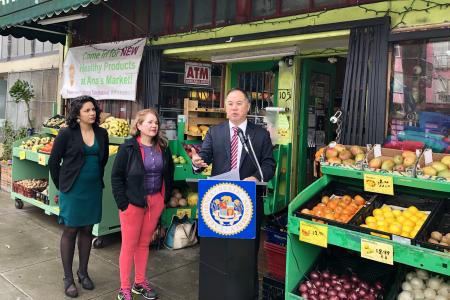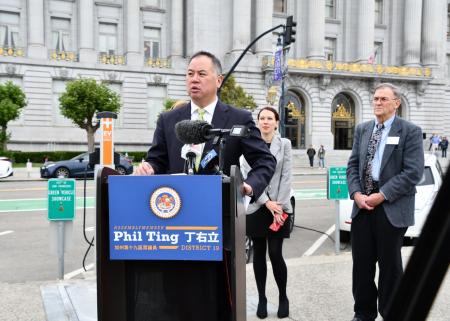Publication: Courthouse News Service
Yielding to worries that facial recognition technology could exacerbate racial injustices, a major supplier of law enforcement cameras said Thursday it won’t be adding the technology to its police body cameras.
Axon, which sells stun guns, body cameras and cellphone software to law enforcement agencies in over 100 countries, is banning the implementation of facial recognition capabilities in its body cameras. The Arizona-based and publicly traded company says it will follow the recommendation of its board of ethics and continue improving the technology before selling it to law enforcement.
“Face recognition technology is not currently reliable enough to ethically justify its use on body-worn cameras,” the ethics board said in a report.
.....
Assemblyman Phil Ting, D-San Francisco, says Axon has been supportive of his proposed statewide ban and the lawmaker called Thursday’s announcement “courageous.”
“Axon is raising the bar from a moral and ethical point of view,” Ting said in a phone interview.
Ting’s proposal, Assembly Bill 1215, has cleared the Assembly and could be voted on in the Senate this summer.
 The California Department of Food and Agriculture (CDFA) announced more than $2.8 million in funding is being made available to 28 small businesses, community-based organizations and local governments throughout California in the first round of the Healthy Stores Refrigeration Grant Program. Nine recipients are in the Bay Area, including two in San Francisco.
The California Department of Food and Agriculture (CDFA) announced more than $2.8 million in funding is being made available to 28 small businesses, community-based organizations and local governments throughout California in the first round of the Healthy Stores Refrigeration Grant Program. Nine recipients are in the Bay Area, including two in San Francisco.